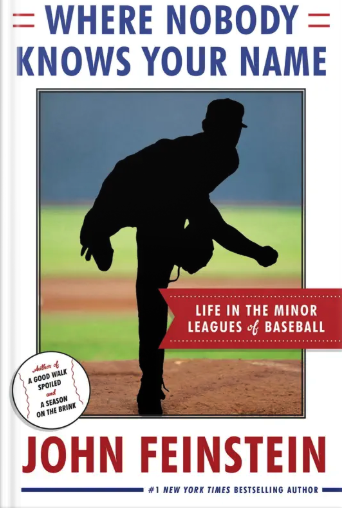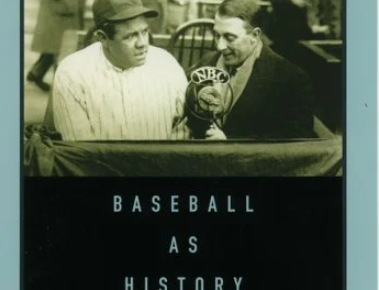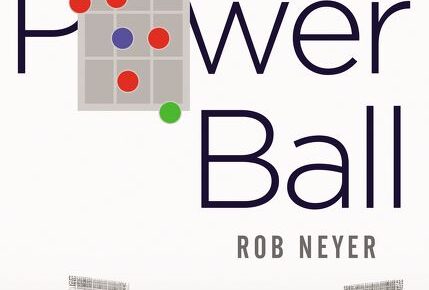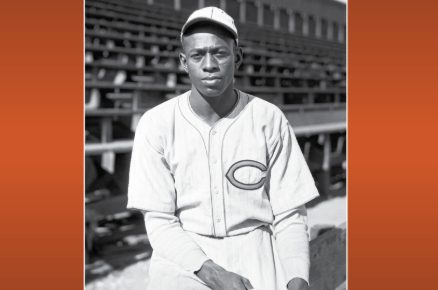There are parts to John Feinstein’s work that are dripping with humanity. Whether it’s the snippets he shows us of Scott Elarton’s journey or the travails of John Lindsey, they come across as decidedly human beings swept up in something much greater than themselves. Feinstein’s ability to showcase the humanity of his subjects is, undoubtedly, the biggest strength of Where Nobody Knows Your Name: Life in the Minor Leagues of Baseball. It also happens to be a major weakness of the book, mainly for how easily it showcases where Feinstein wasn’t willing to go with his novel.
Throughout his work, Feinstein takes the approach of “well, that’s just the way it is” as the meat grinder experience that is the life of a minor leaguer, chews up his subjects one after another. The argument could be made that Feinstein is only present to document, but I don’t buy that argument. He’s there to document, but also to elucidate. He had the tools at his disposal to take the humanity he so wonderfully displayed and shine a light on the ugly underbelly of Major League Baseball and its mistreatment of minor league players. Instead, Feinstein accepts their mistreatment as if it is simply the way it always has been and always will be.
To say that is a shortcoming of the book is an understatement. Feinstein’s approach renders what would have otherwise been a terrifically charming novel into a soft mish-mash of missed opportunities. Showcasing the humanity of Lindsey through his won’t quit attitude is terrific. But, Feinstein lets the system that makes him scrape by and does not pay him an adequate wage off the hook. The seeming pass that Feinstein is willing to give the minor league system, as perpetuated by MLB, left me with a sour taste in my mouth.
The more I think about it, the more I realize how frustrated I am with Where Nobody Knows Your Name: Life in the Minor Leagues of Baseball. It should be an excellent book; about 75% of it is exactly that. However, the remaining 25% is so anti-materialist in a way that is stunningly enabling. Feinstein knows that his subjects are being treated poorly by a system meant to exploit them, but he can’t be bothered to tackle that issue. What’s left instead is a saccharine effort that is more bitter than sweet.
Lead photo courtesy of Unknown – Penguin Random House




